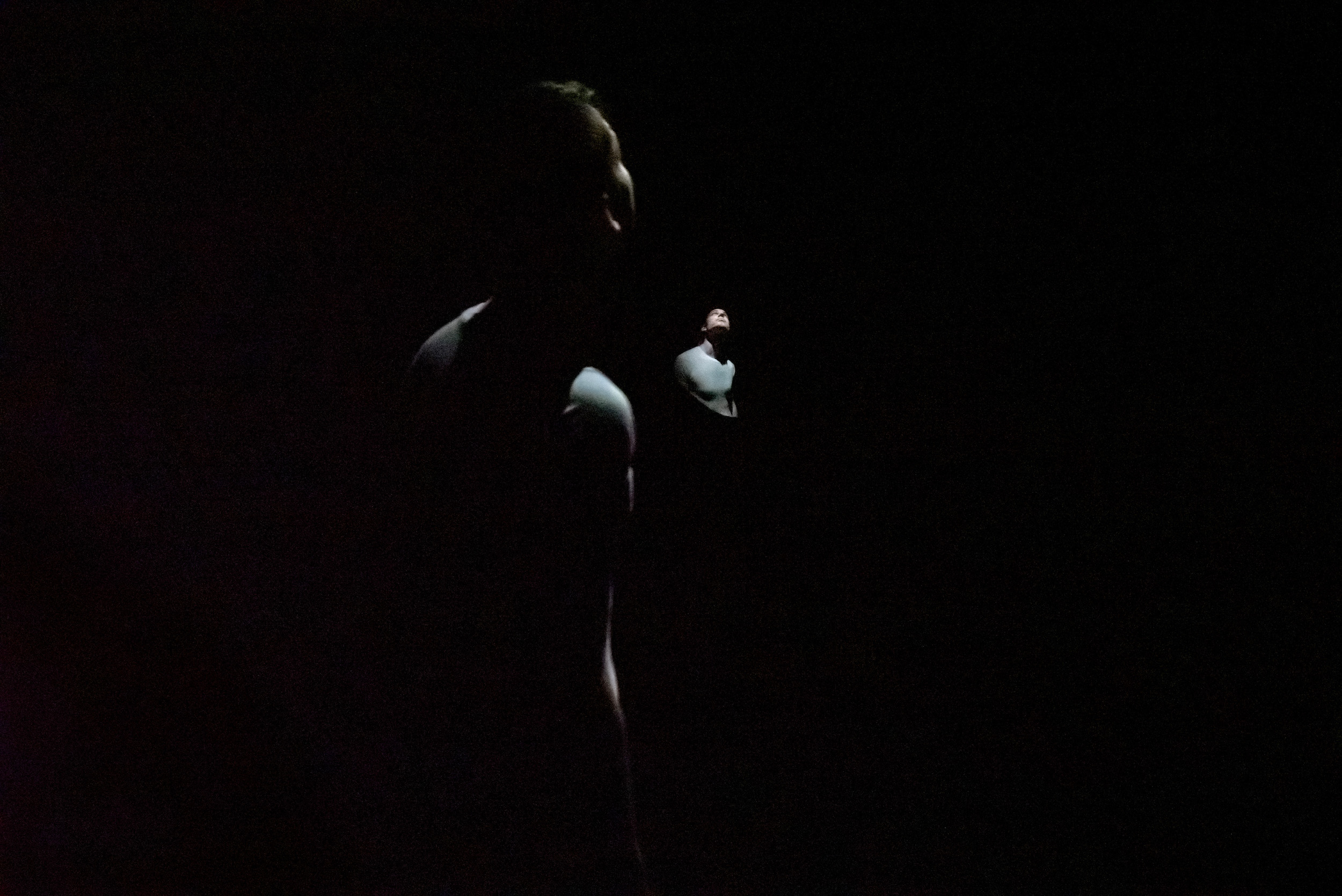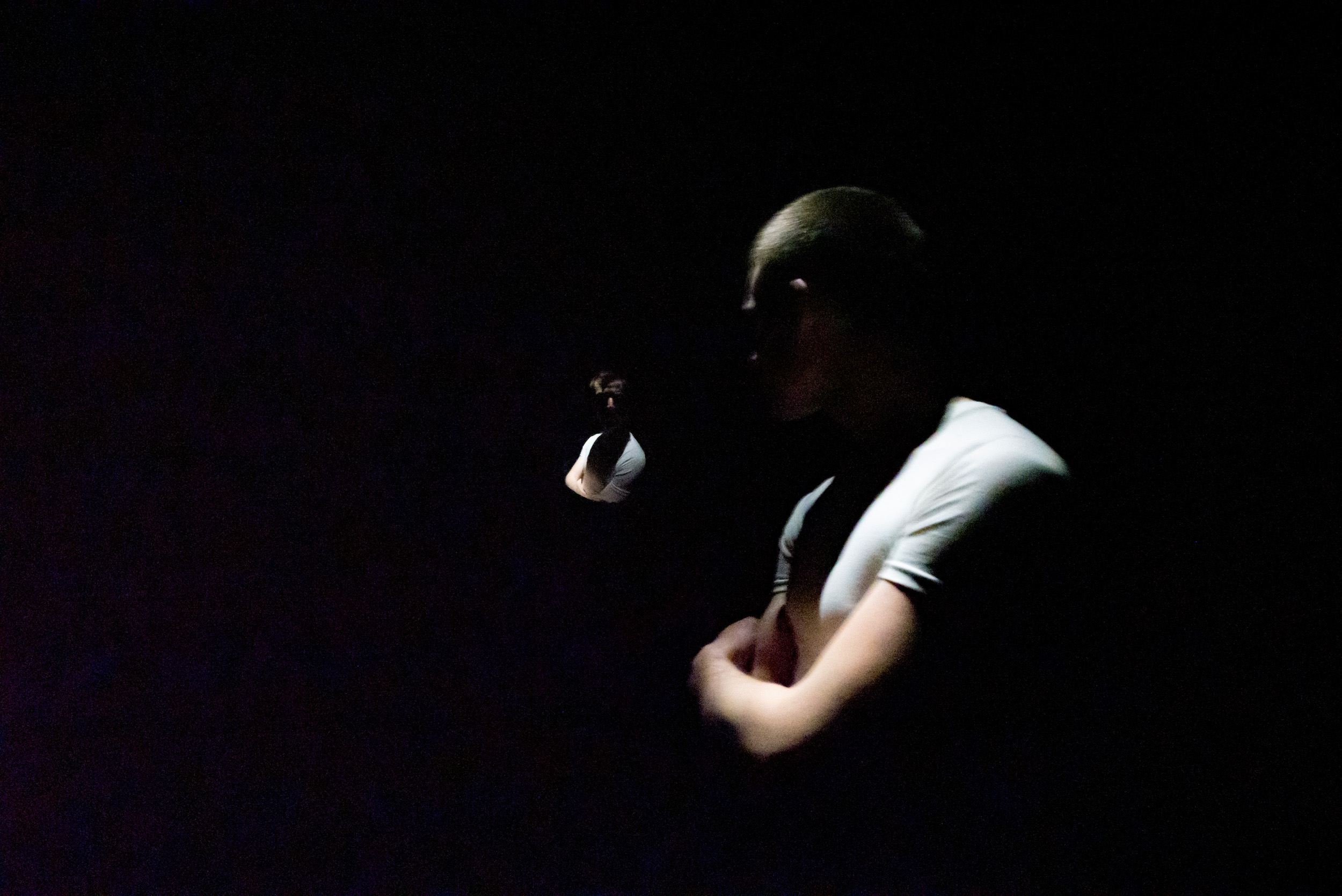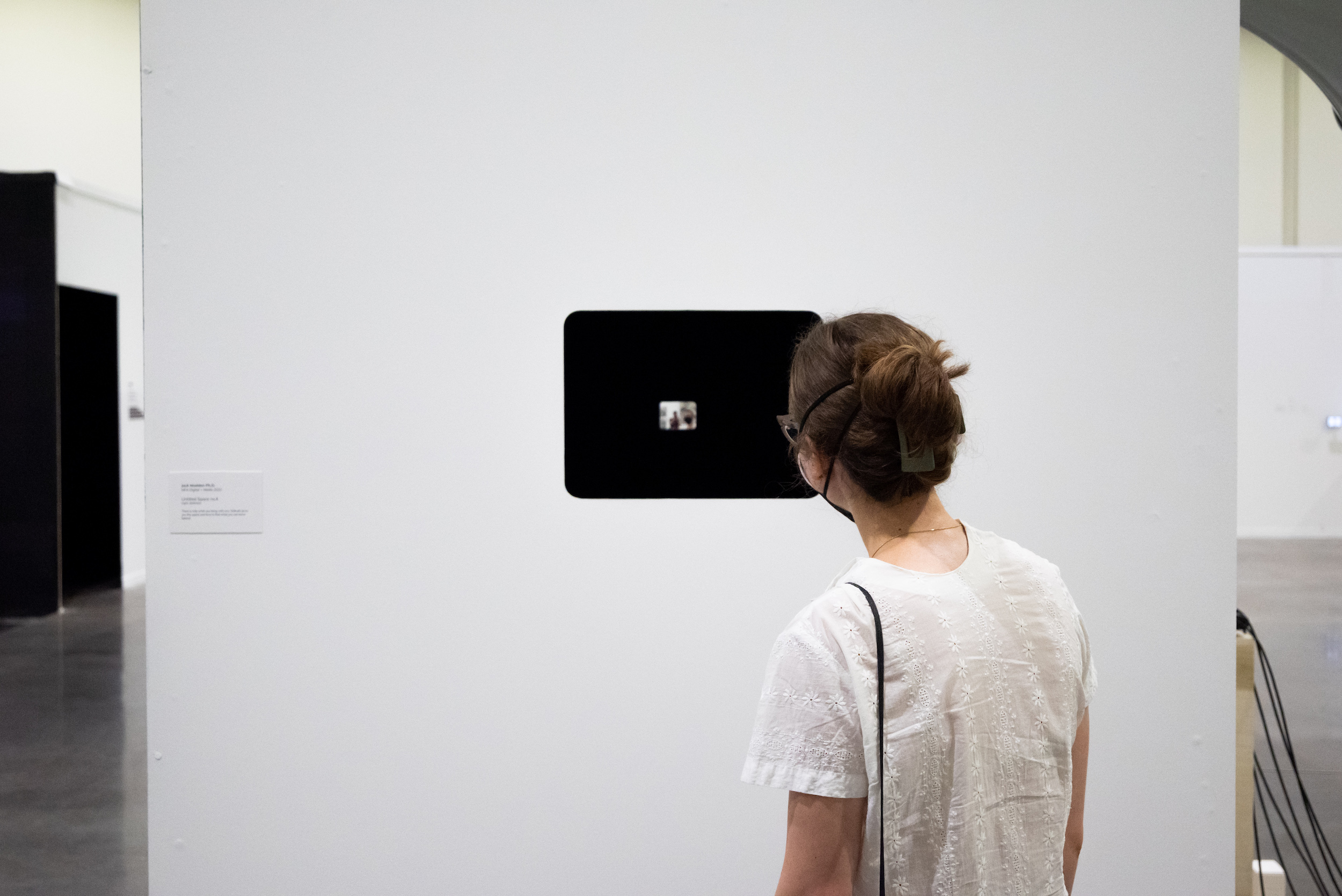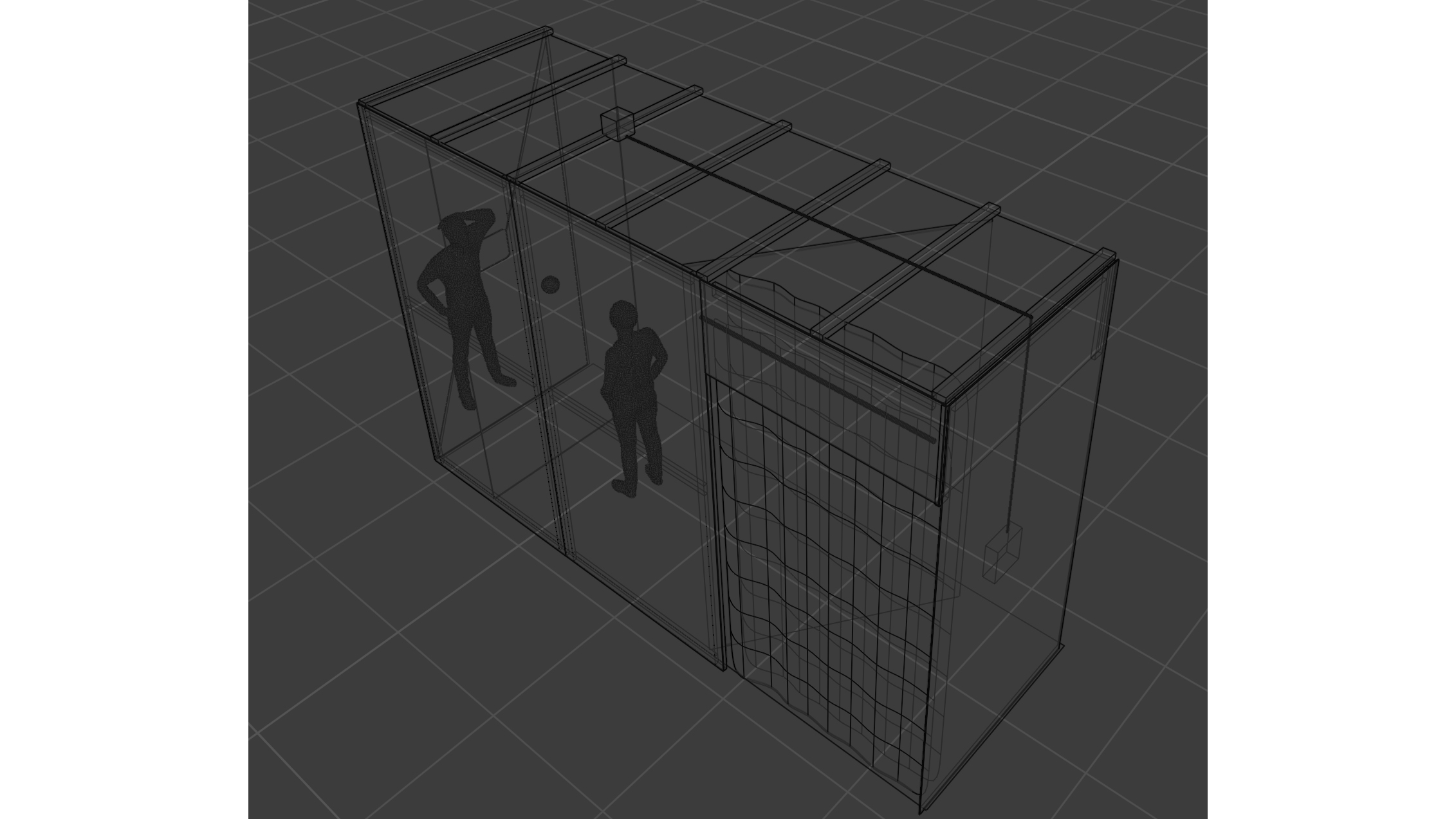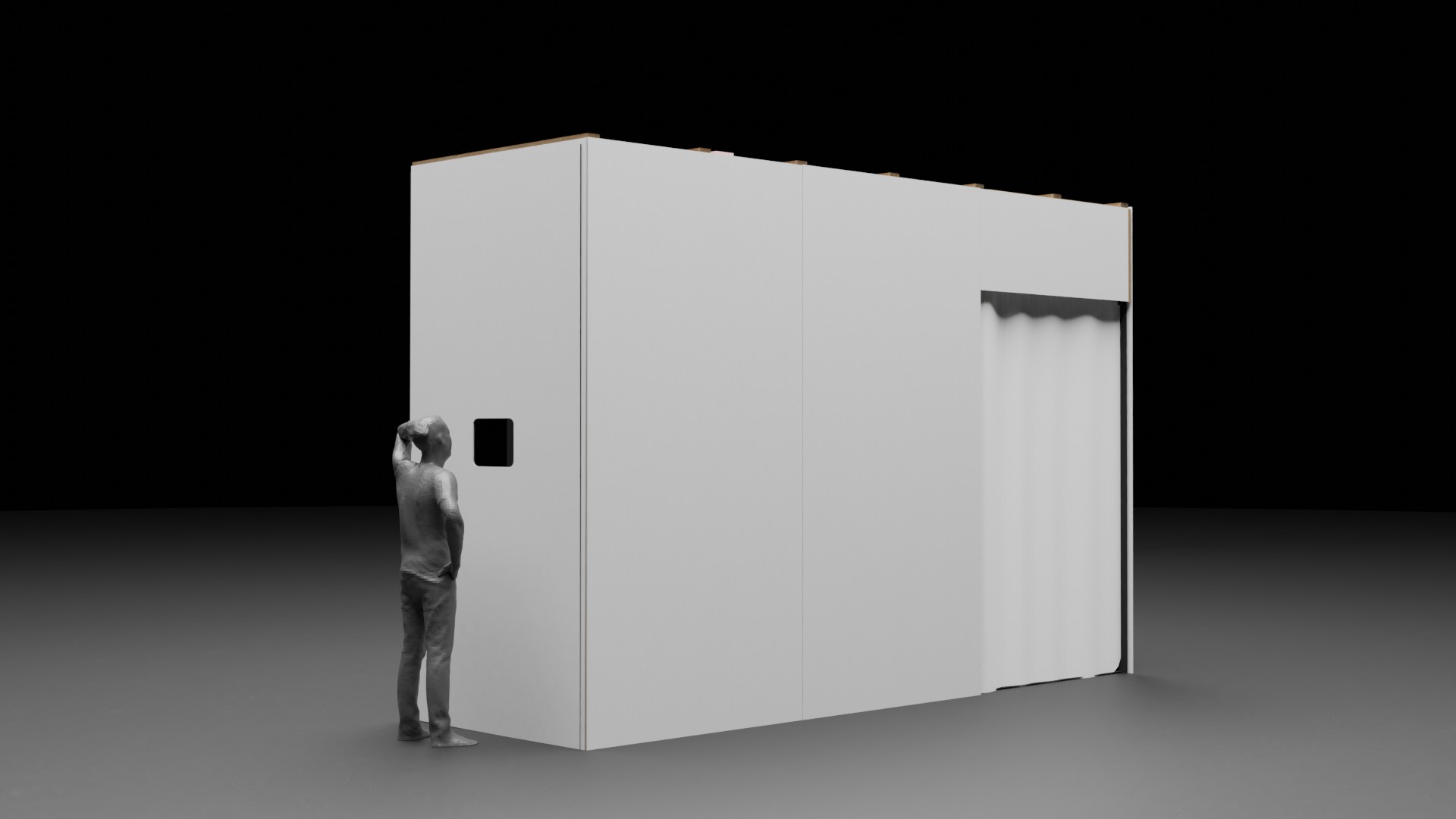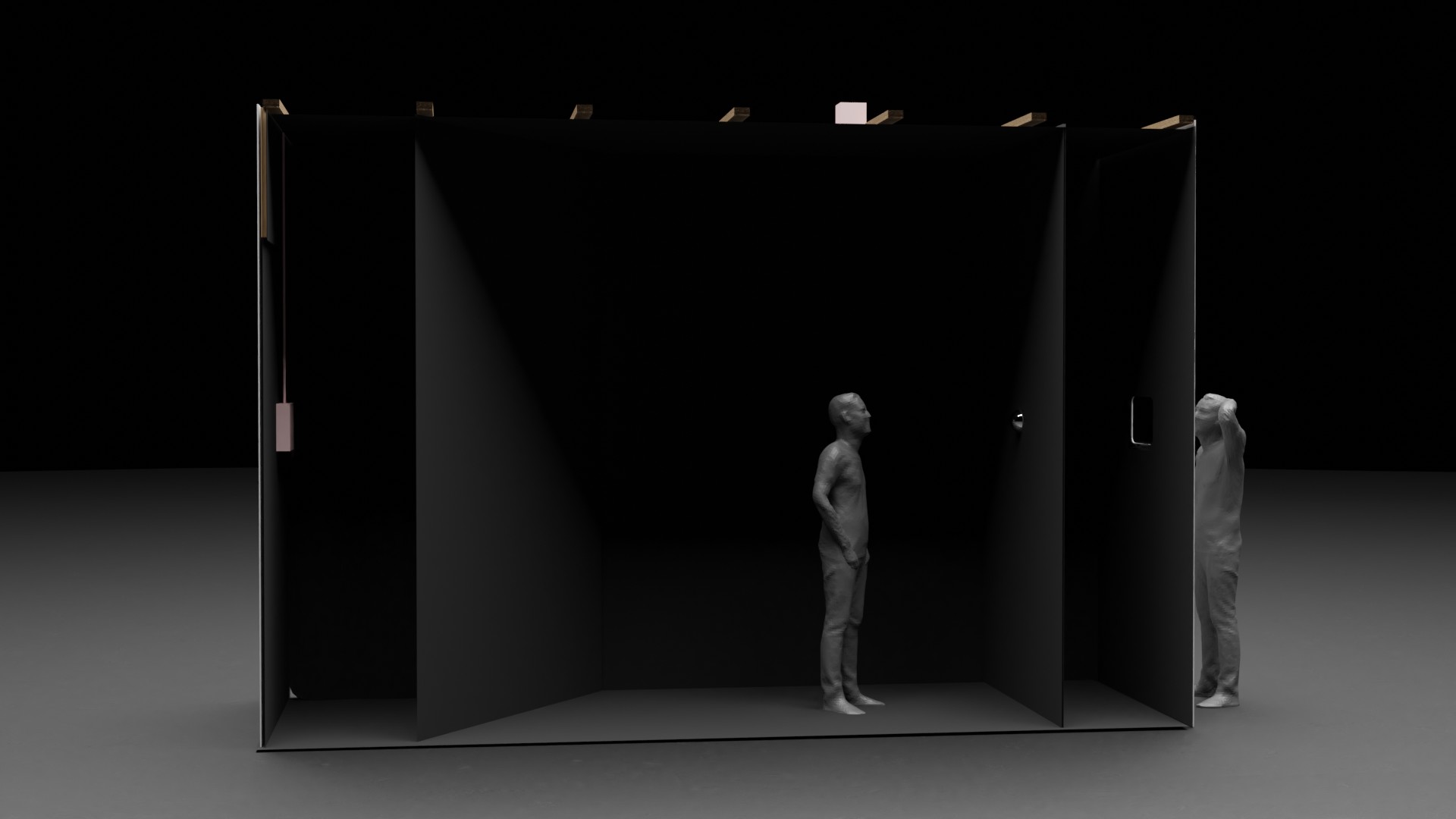There is only what you bring with you. Solitude gives you the space and time to find what you can leave behind.
The atom of subjective value is the individual. Each individual is an engine for the entire process of internalizing reality, generating morality, and enacting change. A self-awareness of this power is itself a powerful force to reorganize the psyche. As a method of achieving this self-awareness, solitude can focus our attention on how narrow and disconnected the funnel of our body is in relation to our environment, the world, or the universe. Solitude can also bring us to the realization that the narrowness of our experiences are significantly finite and non-zero as opposed to insignificant.
'I have discovered that all the unhappiness of people arises from one single fact, that we cannot sit quietly in our own room.' Modernizing the language of this quote highlights how it applies just as much today as it did 400 years ago for Pascal. Being alone presents a challenge to us. We can either confront our isolation or retreat from it with a distraction. It unsettles us when we are confronted by a quiet moment with how truly alone we are. No one will ever truly 'get' us, the universe doesn't 'care' about us, we'll never escape our own minds. Acceptance of our universal isolation, however unpalatable, is a first step in finding a more satisfying peace with it. In this project, I will create a physical space for personal acceptance by isolating the viewer so completely to allow for reflection on their relationship with solitude.
The harder it feels to be alone the more helpful it can be. Finding solitude is hard physically and mentally. Humans are constantly seeking connection which leaves little chance a person can be caught incapable of distracting themselves with work, communication, social media, entertainment, religion, education, or nature. Dedicated time for isolated self-reflection is also rare because we have a natural aversion to it. Being alone with just your head can be quite unsettling without practiced exposure.
A self-awareness of this power is necessary for those who wish to enact a lasting change, a type of alteration that may register perceptibly by the future. With thorough application of the principles of the subjective diversity solution to nihilism, the legacy we leave should be designed to create examples for individuals to follow, question, and learn from. The value of an example is not in the progress it seemingly contributes but by the usefulness of its artifact to teach a future generation. To do this authentically you must feel yourself as a distinct entity, trust yourself as a creator of change, and become the scientist of your own reality. To be stuck feeling incapable of distracting yourself so completely that you stop thinking about your own insignificance your only hope then is to imagine that you are not insignificant and that you may contribute to a change that rises above the noise on a cosmic scale.




